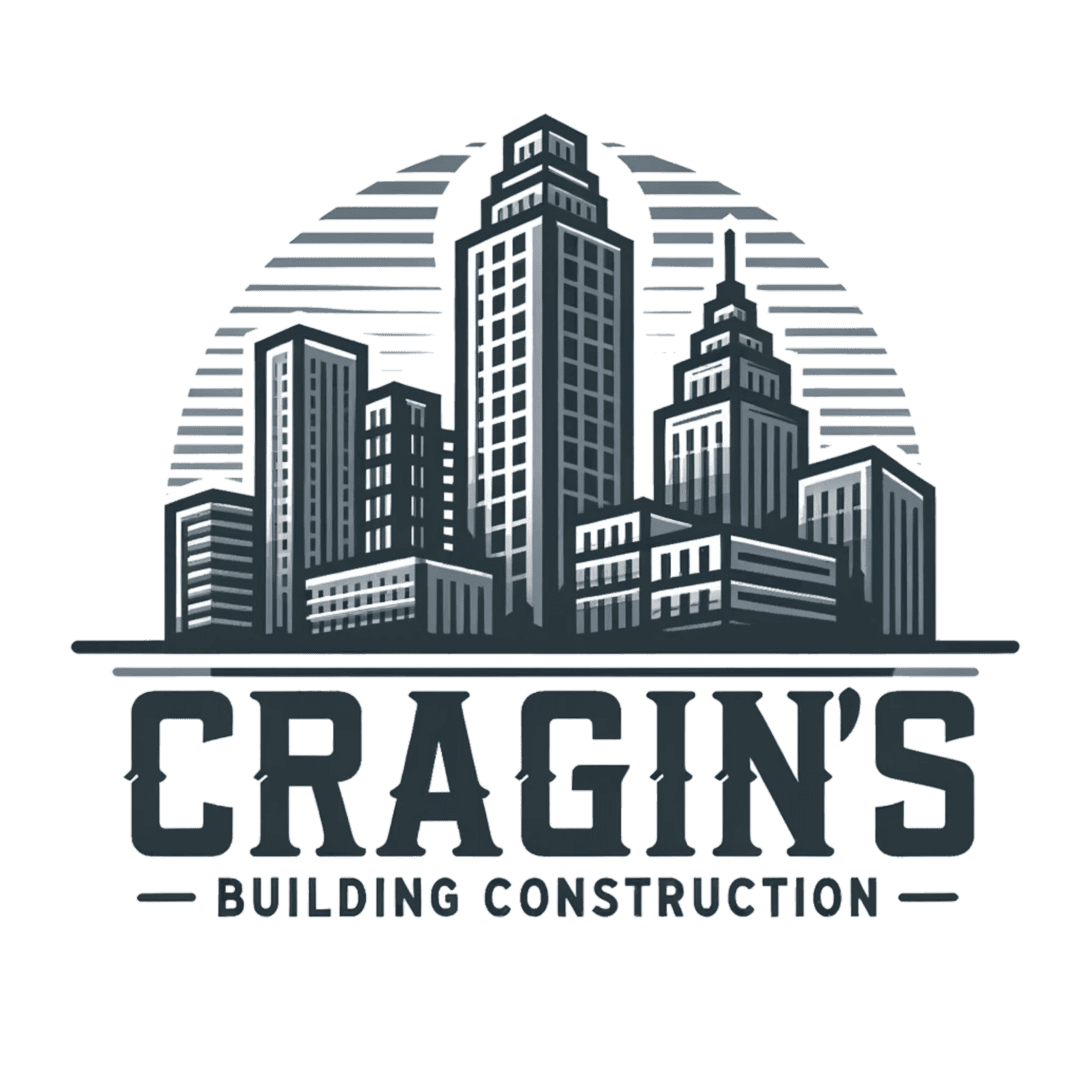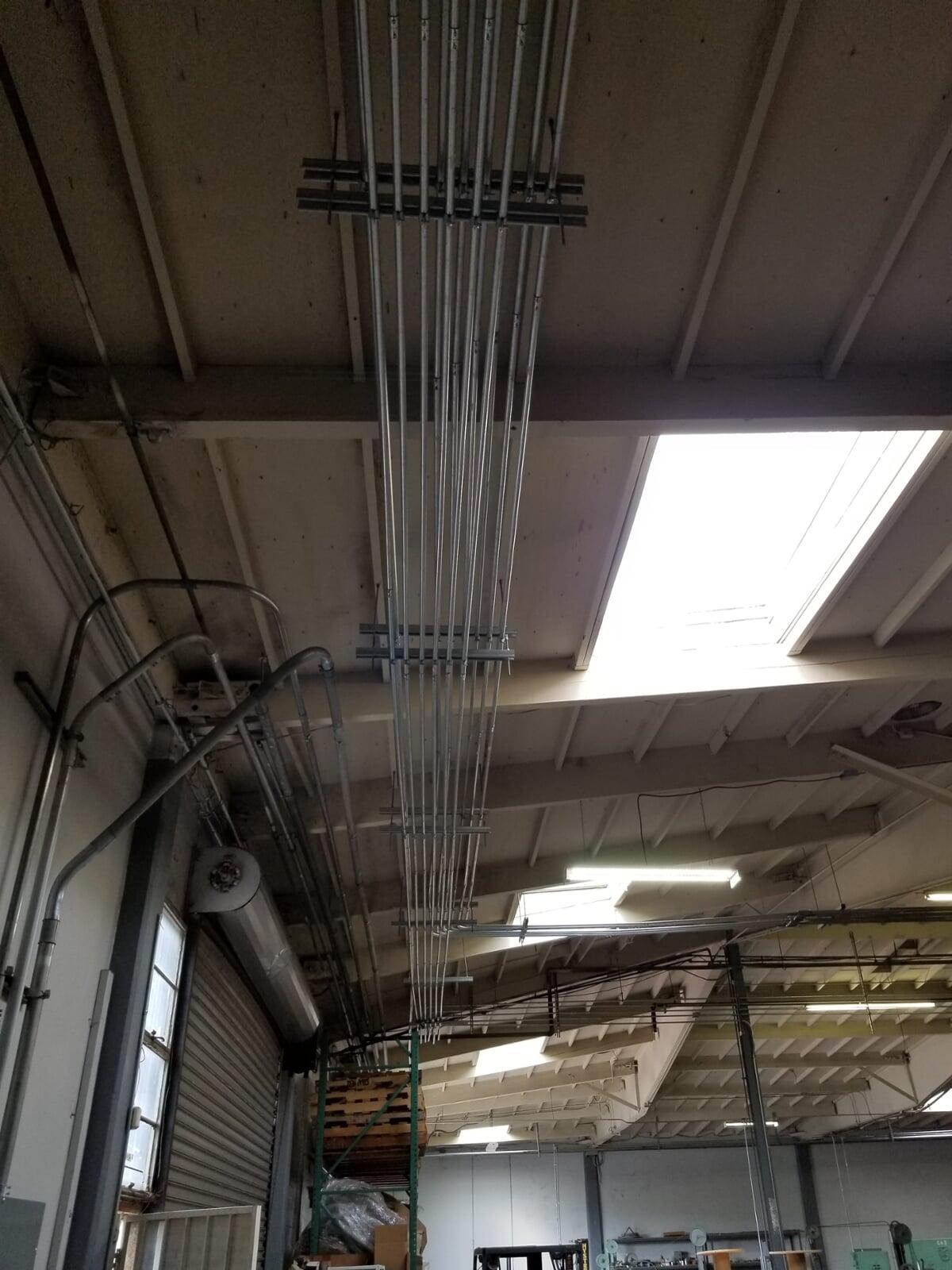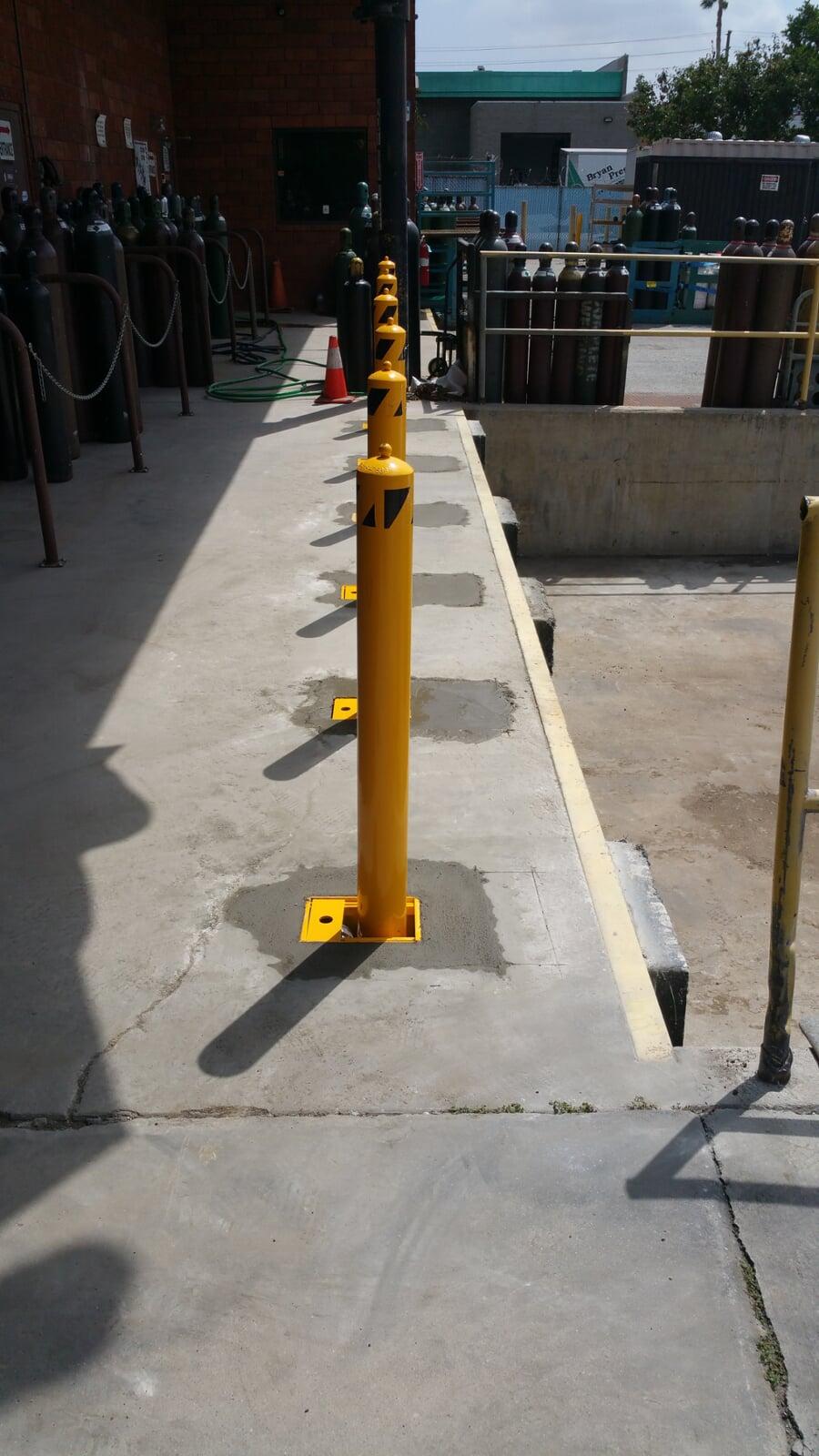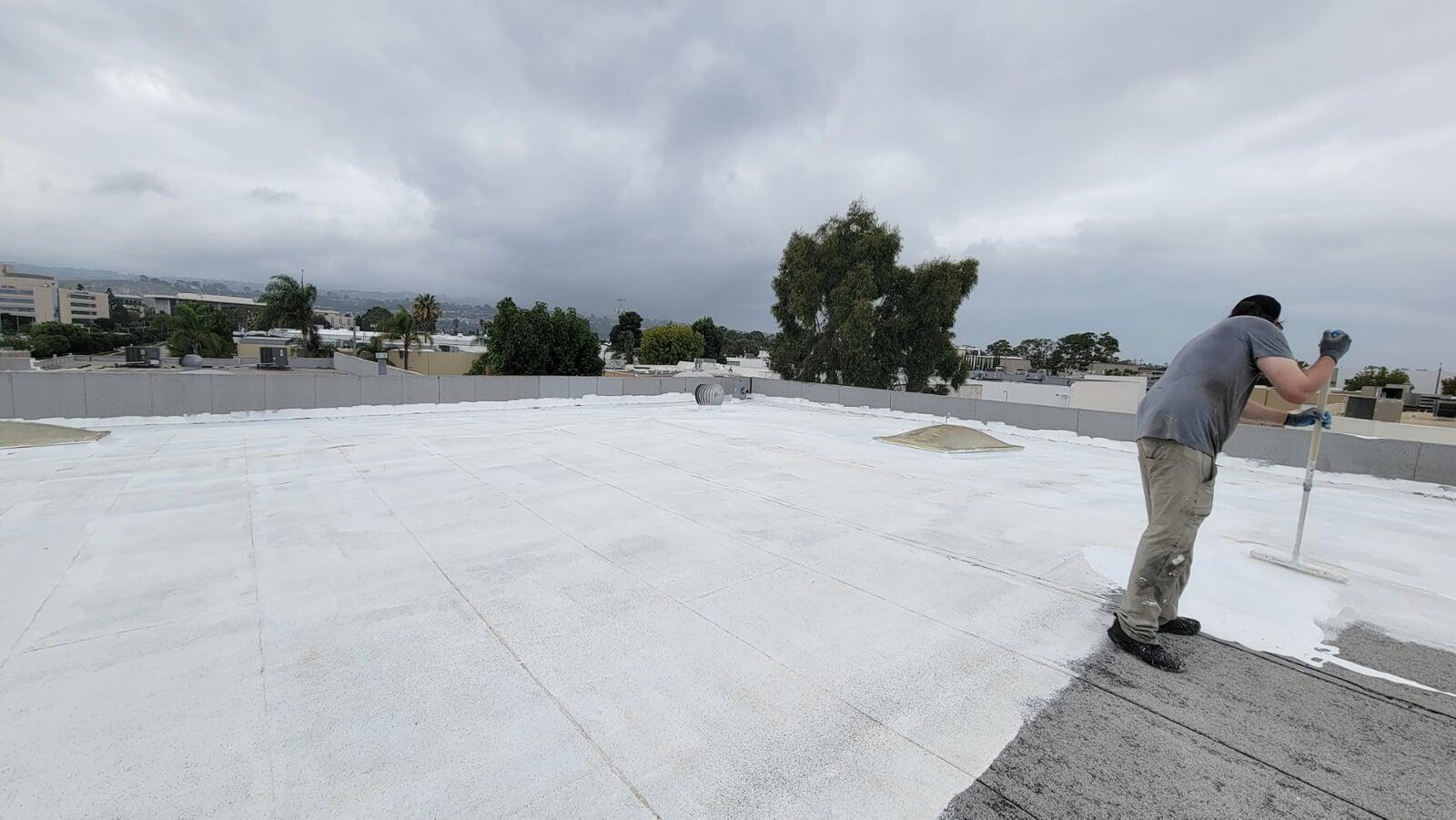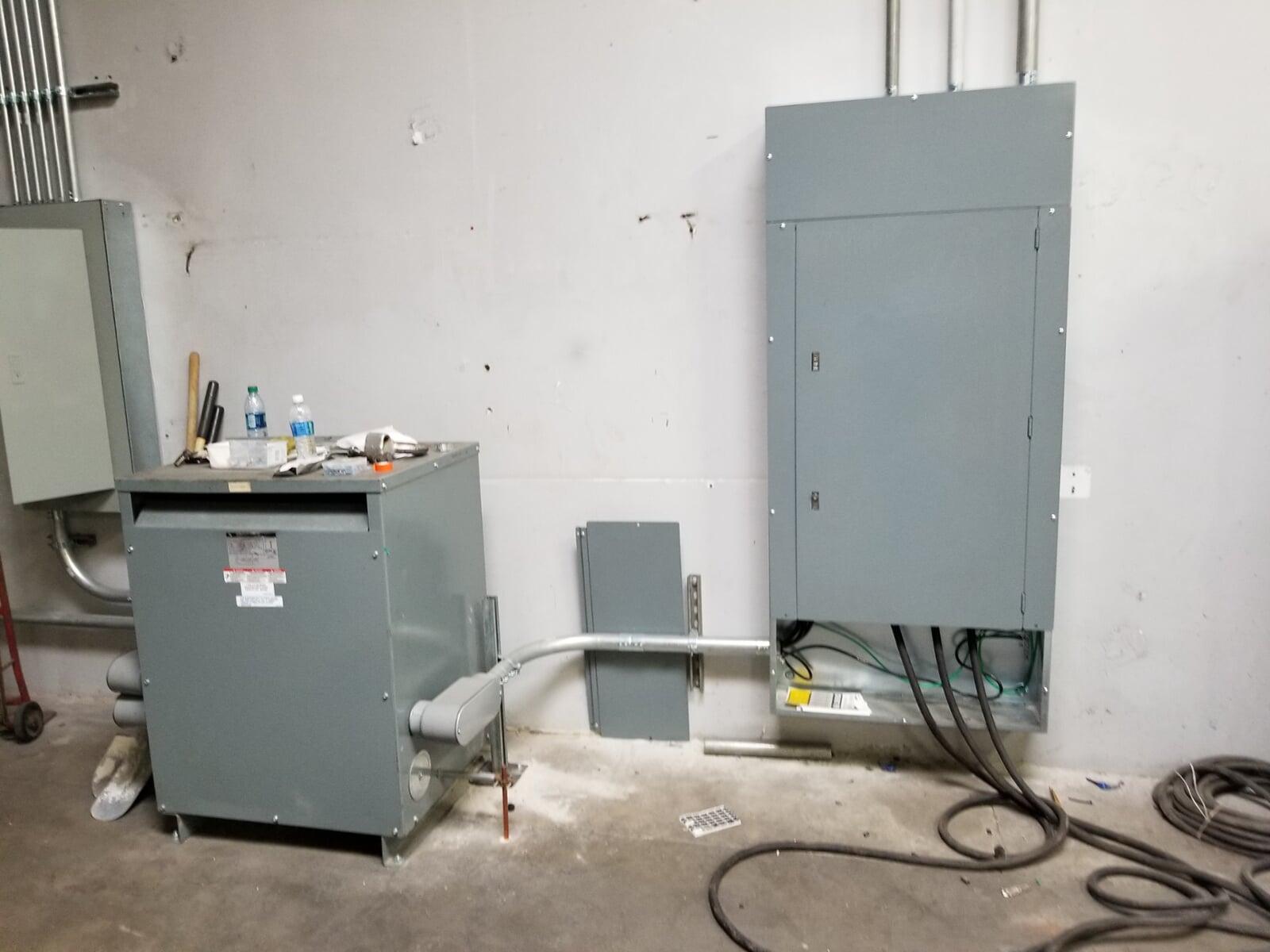As building owners and managers, we’re constantly searching for ways to reduce operational expenses. One of the most significant areas where you can save money, but is often overlooked, is your HVAC (Heating, Ventilation, and Air Conditioning) system. Regular maintenance of HVAC systems is not only essential for maintaining indoor comfort but can also save thousands of dollars in energy costs annually. Let’s explore how routine upkeep of these systems can yield substantial financial and operational benefits for your building.
As building owners and managers, we’re constantly searching for ways to reduce operational expenses. One of the most significant areas where you can save money, but is often overlooked, is your HVAC (Heating, Ventilation, and Air Conditioning) system. Regular maintenance of HVAC systems is not only essential for maintaining indoor comfort but can also save thousands of dollars in energy costs annually. Let’s explore how routine upkeep of these systems can yield substantial financial and operational benefits for your building.
1. Optimal Efficiency Leads to Lower Energy Bills
Your HVAC system works hard to regulate the temperature of your building, but over time, components wear down and become less efficient. Dirty filters, clogged ducts, and worn-out parts force the system to use more energy to achieve the same results. By scheduling regular maintenance, a professional technician will inspect and clean essential components, ensuring your system runs smoothly. The more efficiently your system runs, the less energy it consumes, which directly translates to lower utility bills.
Your HVAC system works hard to regulate the temperature of your building, but over time, components wear down and become less efficient. Dirty filters, clogged ducts, and worn-out parts force the system to use more energy to achieve the same results. By scheduling regular maintenance, a professional technician will inspect and clean essential components, ensuring your system runs smoothly. The more efficiently your system runs, the less energy it consumes, which directly translates to lower utility bills.
Example:
A report by the U.S. Department of Energy states that properly maintaining HVAC systems can reduce energy use by 5% to 40%, depending on the system and its condition.
A report by the U.S. Department of Energy states that properly maintaining HVAC systems can reduce energy use by 5% to 40%, depending on the system and its condition.
2. Prevents Costly Breakdowns
HVAC systems are complex, and when one part fails, it can lead to a domino effect of problems. Without routine inspections, minor issues can escalate into major breakdowns that require expensive repairs or even a full system replacement. Regular maintenance identifies and resolves small problems before they lead to a system failure, preventing costly emergency repairs.
HVAC systems are complex, and when one part fails, it can lead to a domino effect of problems. Without routine inspections, minor issues can escalate into major breakdowns that require expensive repairs or even a full system replacement. Regular maintenance identifies and resolves small problems before they lead to a system failure, preventing costly emergency repairs.
Example:
An unmaintained system can suddenly fail during peak use, leading to a full system shutdown and emergency repair costs that are several times higher than regular service fees.
An unmaintained system can suddenly fail during peak use, leading to a full system shutdown and emergency repair costs that are several times higher than regular service fees.
3. Extends the Lifespan of Your System
Most HVAC systems have a lifespan of 10 to 20 years. However, neglecting routine maintenance can drastically shorten this lifespan. Regular maintenance helps to keep all parts of the system in good working condition, ensuring that your investment lasts as long as possible. Replacing an HVAC system is a significant expense, so extending the life of your current system through routine care can save you thousands in replacement costs.
Most HVAC systems have a lifespan of 10 to 20 years. However, neglecting routine maintenance can drastically shorten this lifespan. Regular maintenance helps to keep all parts of the system in good working condition, ensuring that your investment lasts as long as possible. Replacing an HVAC system is a significant expense, so extending the life of your current system through routine care can save you thousands in replacement costs.
Example:
Replacing a commercial HVAC system can cost between $3,000 to $8,000 per ton, depending on the size and type of system. Proper maintenance can delay this expense by years.
Replacing a commercial HVAC system can cost between $3,000 to $8,000 per ton, depending on the size and type of system. Proper maintenance can delay this expense by years.
4. Improves Air Quality
HVAC systems not only regulate temperature but also play a vital role in maintaining indoor air quality. Filters, coils, and ductwork can accumulate dust, allergens, and even mold over time. These contaminants can circulate throughout your building, negatively impacting air quality and the health of the building’s occupants. Poor air quality can lead to sick building syndrome, causing absenteeism and reducing productivity among employees. Maintaining clean HVAC components ensures better air quality, fostering a healthier work environment and avoiding costly downtime.
HVAC systems not only regulate temperature but also play a vital role in maintaining indoor air quality. Filters, coils, and ductwork can accumulate dust, allergens, and even mold over time. These contaminants can circulate throughout your building, negatively impacting air quality and the health of the building’s occupants. Poor air quality can lead to sick building syndrome, causing absenteeism and reducing productivity among employees. Maintaining clean HVAC components ensures better air quality, fostering a healthier work environment and avoiding costly downtime.
Example:
A well-maintained HVAC system helps keep pollutants at bay, improving the overall health of employees and reducing the number of sick days, which indirectly saves on operational costs.
A well-maintained HVAC system helps keep pollutants at bay, improving the overall health of employees and reducing the number of sick days, which indirectly saves on operational costs.
5. Optimizes System Controls and Automation
With the rise of smart building systems, HVAC controls have become more sophisticated. However, these systems also require regular calibration to ensure they're optimizing energy use efficiently. Regular maintenance checks include evaluating system controls, ensuring that thermostats, sensors, and automated schedules are working correctly. This prevents overcooling, overheating, or energy wastage due to poorly calibrated settings.
With the rise of smart building systems, HVAC controls have become more sophisticated. However, these systems also require regular calibration to ensure they're optimizing energy use efficiently. Regular maintenance checks include evaluating system controls, ensuring that thermostats, sensors, and automated schedules are working correctly. This prevents overcooling, overheating, or energy wastage due to poorly calibrated settings.
Example:
Smart thermostats and automated HVAC controls can reduce energy consumption by up to 10%. Regular maintenance ensures these systems continue to operate at their full potential.
Smart thermostats and automated HVAC controls can reduce energy consumption by up to 10%. Regular maintenance ensures these systems continue to operate at their full potential.
6. Meets Regulatory Standards and Avoids Fines
Many local, state, and federal regulations require commercial buildings to maintain specific energy efficiency standards. HVAC systems play a crucial role in achieving these standards. Regular maintenance ensures that your system remains compliant with energy codes and emissions standards. Failure to meet these regulations can result in fines or penalties, which can add to the overall operational costs of the building.
Many local, state, and federal regulations require commercial buildings to maintain specific energy efficiency standards. HVAC systems play a crucial role in achieving these standards. Regular maintenance ensures that your system remains compliant with energy codes and emissions standards. Failure to meet these regulations can result in fines or penalties, which can add to the overall operational costs of the building.
Example:
In certain cities, buildings that fail to meet energy efficiency standards are subjected to energy audits or fines. Regular HVAC maintenance ensures compliance and avoids unexpected financial penalties.
In certain cities, buildings that fail to meet energy efficiency standards are subjected to energy audits or fines. Regular HVAC maintenance ensures compliance and avoids unexpected financial penalties.
7. Reduces Environmental Impact
A well-maintained HVAC system not only reduces energy consumption and costs but also helps lower your building’s carbon footprint. Inefficient HVAC systems are major contributors to energy waste, which in turn contributes to greenhouse gas emissions. Routine maintenance helps reduce the system's environmental impact by ensuring it consumes as little energy as possible while maintaining comfort levels.
A well-maintained HVAC system not only reduces energy consumption and costs but also helps lower your building’s carbon footprint. Inefficient HVAC systems are major contributors to energy waste, which in turn contributes to greenhouse gas emissions. Routine maintenance helps reduce the system's environmental impact by ensuring it consumes as little energy as possible while maintaining comfort levels.
Example:
The Environmental Protection Agency (EPA) reports that HVAC systems account for about 35% of the energy used in commercial buildings. Reducing energy consumption through maintenance directly contributes to sustainability efforts.
The Environmental Protection Agency (EPA) reports that HVAC systems account for about 35% of the energy used in commercial buildings. Reducing energy consumption through maintenance directly contributes to sustainability efforts.
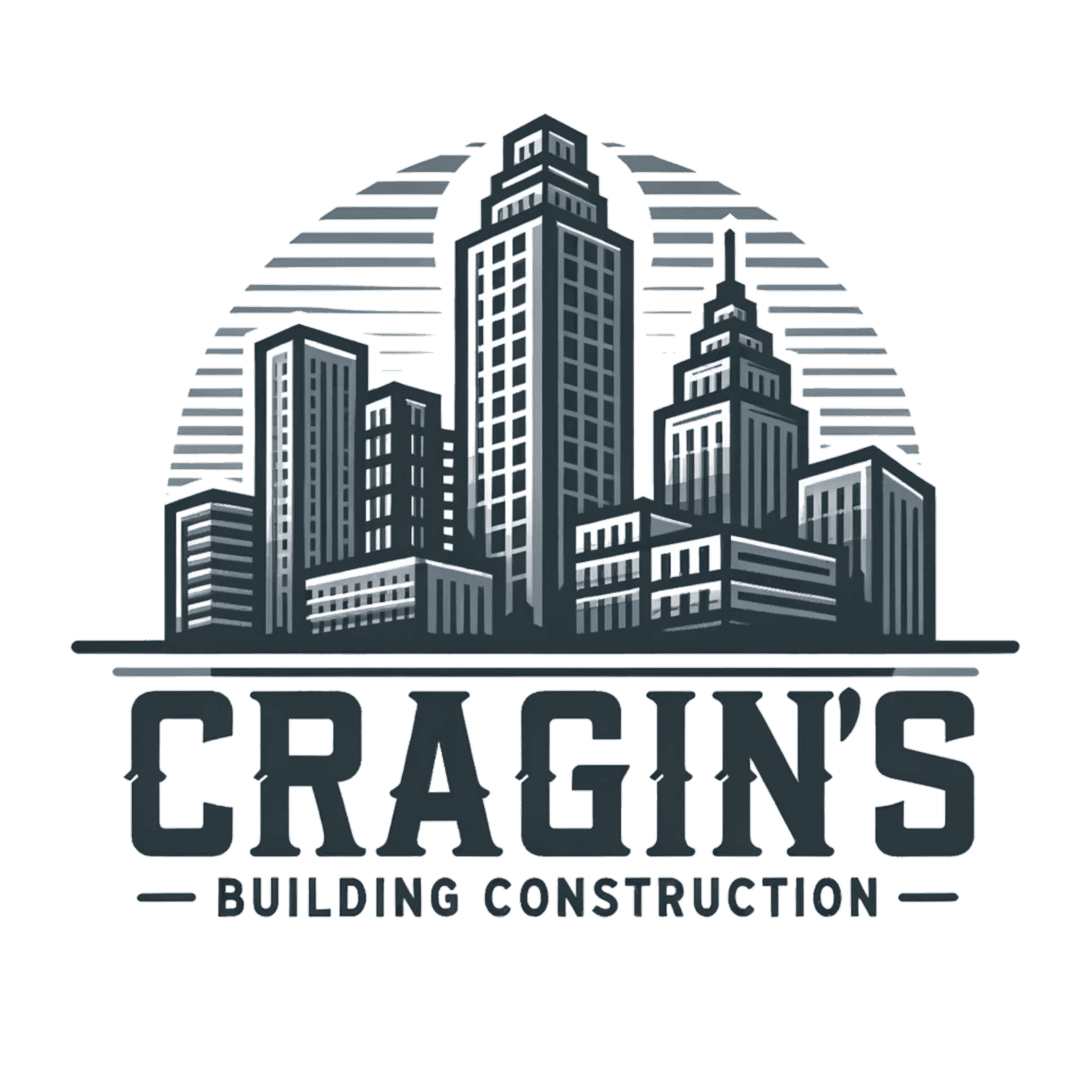
How Cragin's Expertise Can Maximize Your HVAC Efficiency and Savings
How Cragin's Expertise Can Maximize Your HVAC Efficiency and Savings
Cragin’s, a leader in HVAC maintenance and energy management solutions, can help you maximize the efficiency and lifespan of your HVAC systems. With a team of experienced technicians and a tailored maintenance approach, Cragin’s ensures that your system runs at optimal performance year-round. By providing regular inspections, cleaning, and timely repairs, Cragin’s helps prevent costly breakdowns and reduces your energy bills. Their expertise also ensures that your building remains compliant with energy regulations, further protecting you from potential fines and penalties. Partnering with Cragin’s means not only saving on operational costs but also improving air quality and contributing to a more sustainable, energy-efficient building.
The ROI of Regular HVAC Maintenance
While regular HVAC maintenance may seem like an additional expense, it is a cost-saving investment in the long run. Preventative care can save thousands of dollars annually in energy bills, repair costs, and system replacements. Beyond the financial benefits, maintaining your system ensures a comfortable environment for employees and visitors, enhances indoor air quality, and helps reduce your building’s environmental impact. By scheduling regular maintenance checks, you're not only protecting your bottom line but also ensuring the long-term efficiency and sustainability of your building's operations.
For building owners and managers, the choice is clear: invest in regular HVAC maintenance today and start reaping the rewards in reduced energy costs and improved operational performance.
While regular HVAC maintenance may seem like an additional expense, it is a cost-saving investment in the long run. Preventative care can save thousands of dollars annually in energy bills, repair costs, and system replacements. Beyond the financial benefits, maintaining your system ensures a comfortable environment for employees and visitors, enhances indoor air quality, and helps reduce your building’s environmental impact. By scheduling regular maintenance checks, you're not only protecting your bottom line but also ensuring the long-term efficiency and sustainability of your building's operations.
For building owners and managers, the choice is clear: invest in regular HVAC maintenance today and start reaping the rewards in reduced energy costs and improved operational performance.
